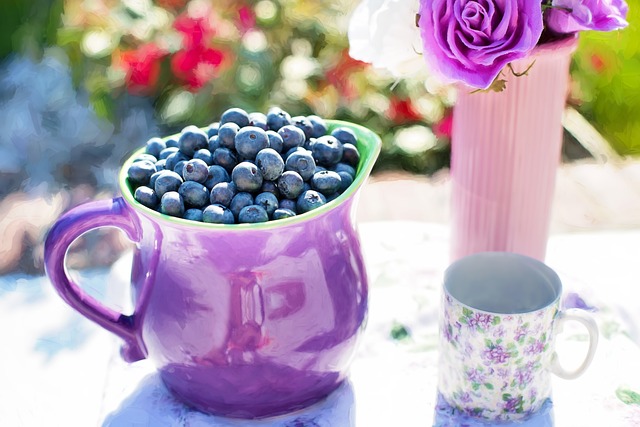Probiotics 101: Everything You Need to Know About These Tiny Warriors
Probiotics have gained a lot of popularity in recent years for their potential health benefits. These “good bacteria” can be found in various foods and supplements, and are known for their ability to support digestive health and boost the immune system. In this article, we will delve into everything you need to know about these tiny warriors.
What Are Probiotics?
Probiotics are live microorganisms that, when consumed in adequate amounts, provide health benefits to the host. They are mostly bacteria, but certain yeasts can also have probiotic properties. These beneficial bacteria are naturally present in the human body, mainly in the gut, and can also be found in some foods and supplements.
How Do Probiotics Work?
The human gut contains trillions of bacteria, both good and bad. When the balance of these bacteria is disrupted, it can lead to various health problems. Probiotics work by restoring and maintaining this balance, promoting the growth of beneficial bacteria and inhibiting the growth of harmful ones.
Probiotics can also enhance the function of the intestinal barrier, preventing harmful substances from leaking into the bloodstream. They aid in the digestion and absorption of nutrients, and some strains even produce vitamins and other beneficial compounds.
Health Benefits of Probiotics
Probiotics offer a wide range of health benefits, including:
- Improved Digestive Health: Probiotics can help alleviate digestive issues such as diarrhea, constipation, and irritable bowel syndrome (IBS). They can also aid in the treatment of certain gastrointestinal infections.
- Boosted Immune System: The gut plays a crucial role in immune system function, and probiotics can enhance the body’s natural defense mechanisms. They stimulate the production of antibodies, promote the activity of immune cells, and help regulate inflammation.
- Prevention of Antibiotic-Related Side Effects: Antibiotics can disrupt the natural balance of bacteria in the gut, often resulting in diarrhea. Probiotics can help prevent or alleviate these side effects by restoring the gut microbiota.
- Improved Mental Health: Emerging research suggests a connection between gut health and mental well-being. Probiotics may have a positive impact on conditions such as anxiety, depression, and stress.
- Support for Skin Health: Some evidence suggests that certain probiotic strains can help improve skin conditions like eczema, acne, and rosacea. They may work by reducing inflammation and enhancing the skin’s protective barrier.
Sources of Probiotics
Probiotics can be obtained through both food sources and supplements. Some common food sources of probiotics include:
- Yogurt: Yogurt is made by fermenting milk with specific strains of bacteria, including Lactobacillus and Bifidobacterium. Make sure to choose yogurts that contain live and active cultures.
- Kimchi: Kimchi is a traditional Korean side dish made from fermented vegetables, such as cabbage and radishes. It is a rich source of various probiotic strains.
- Sauerkraut: Like kimchi, sauerkraut is made by fermenting cabbage. It provides a range of beneficial bacteria and is commonly used in salads and sandwiches.
- Kombucha: Kombucha is a fermented tea beverage that contains live probiotic cultures. It is considered a refreshing and healthy alternative to sugary beverages.
- Other Fermented Foods: Other examples of probiotic-rich fermented foods include miso, tempeh, kefir, and pickles.
If you’re unable to obtain enough probiotics from your diet alone, supplements are also a convenient option. Probiotic supplements come in various forms, including capsules, powders, and liquids. When choosing a probiotic supplement, opt for one that contains a diverse range of strains and specifies the number of live bacteria per serving.
Conclusion
Probiotics are tiny warriors that can have a big impact on your health. By supporting digestive health, boosting the immune system, and offering numerous other benefits, these beneficial bacteria play a crucial role in maintaining overall well-being. Incorporating probiotic-rich foods and supplements into your routine may help optimize your gut health and keep your body thriving.







